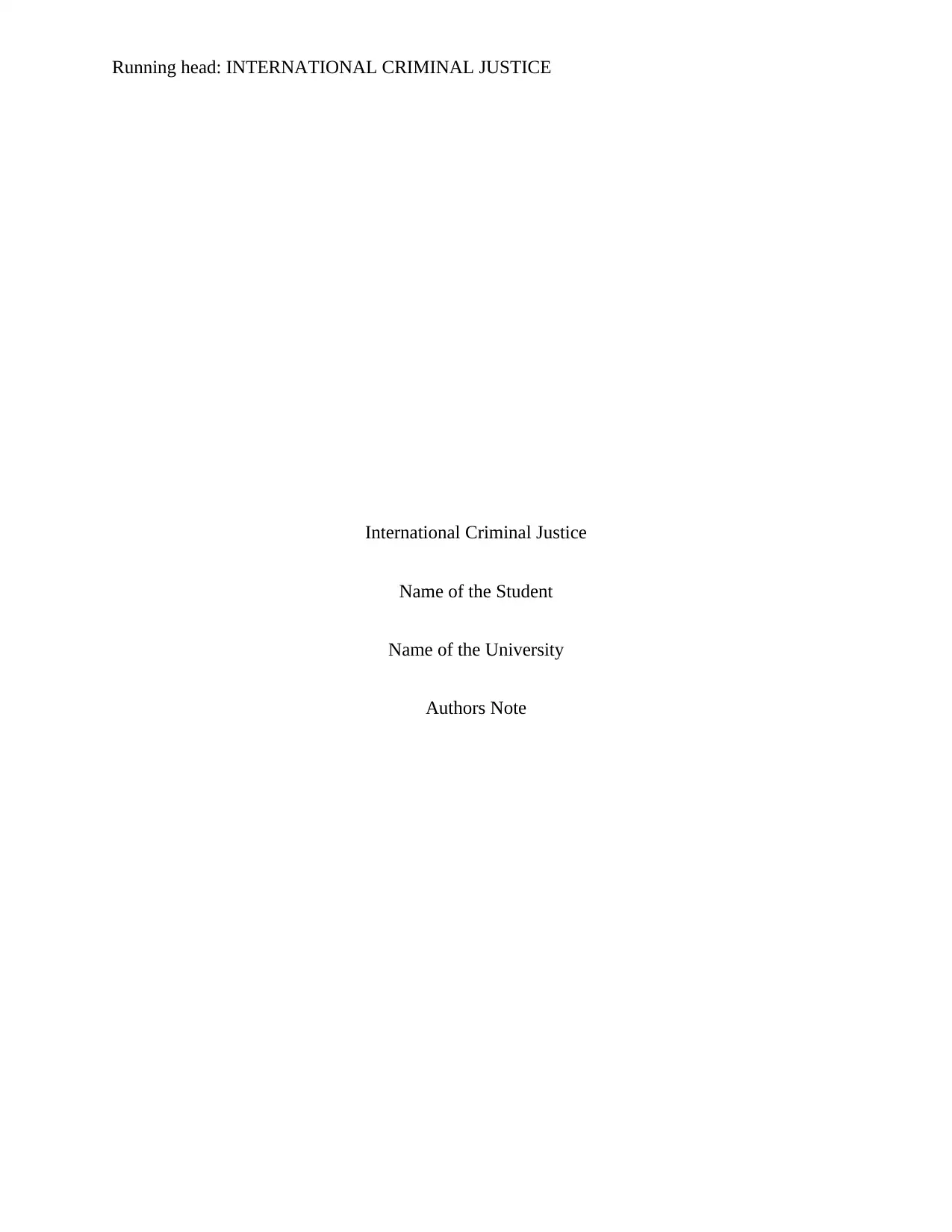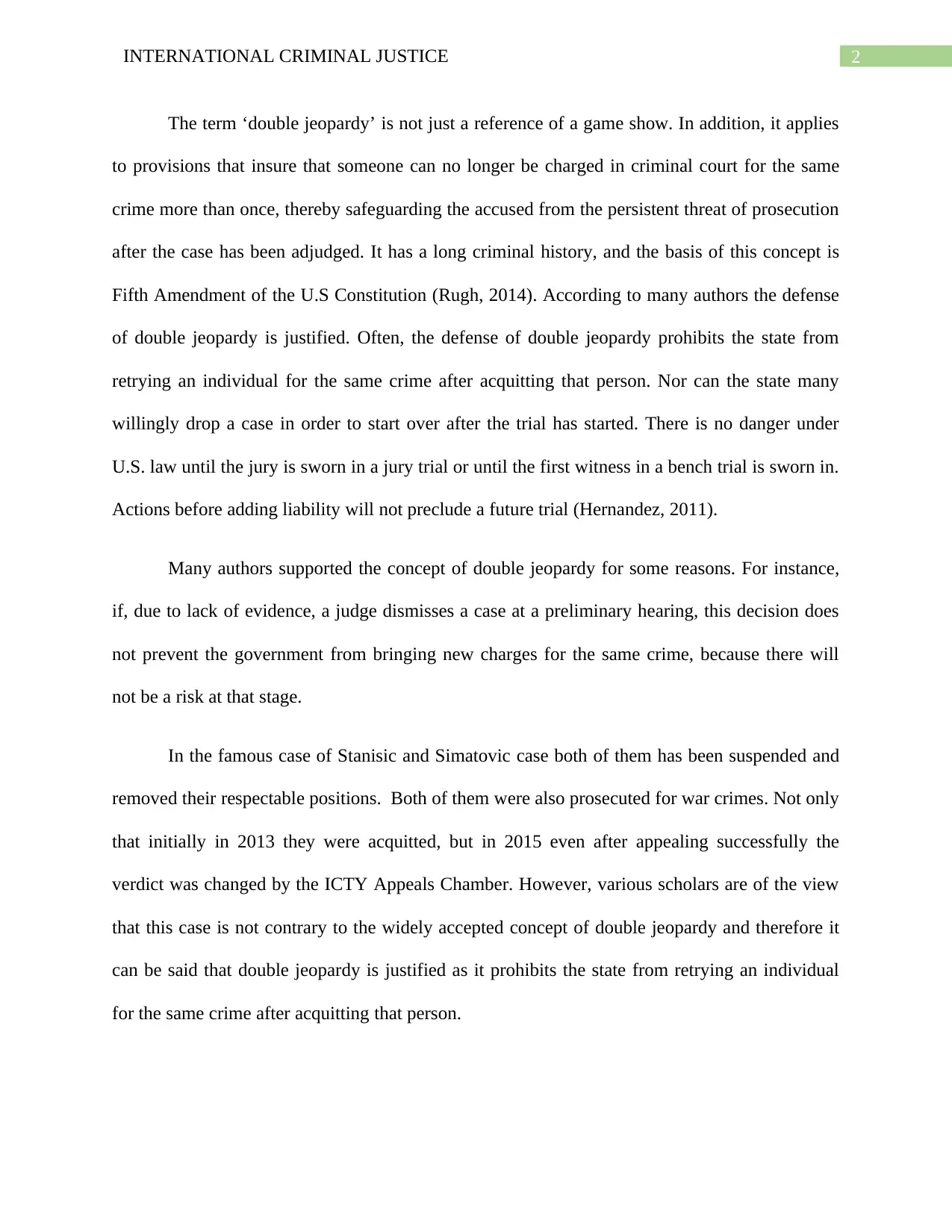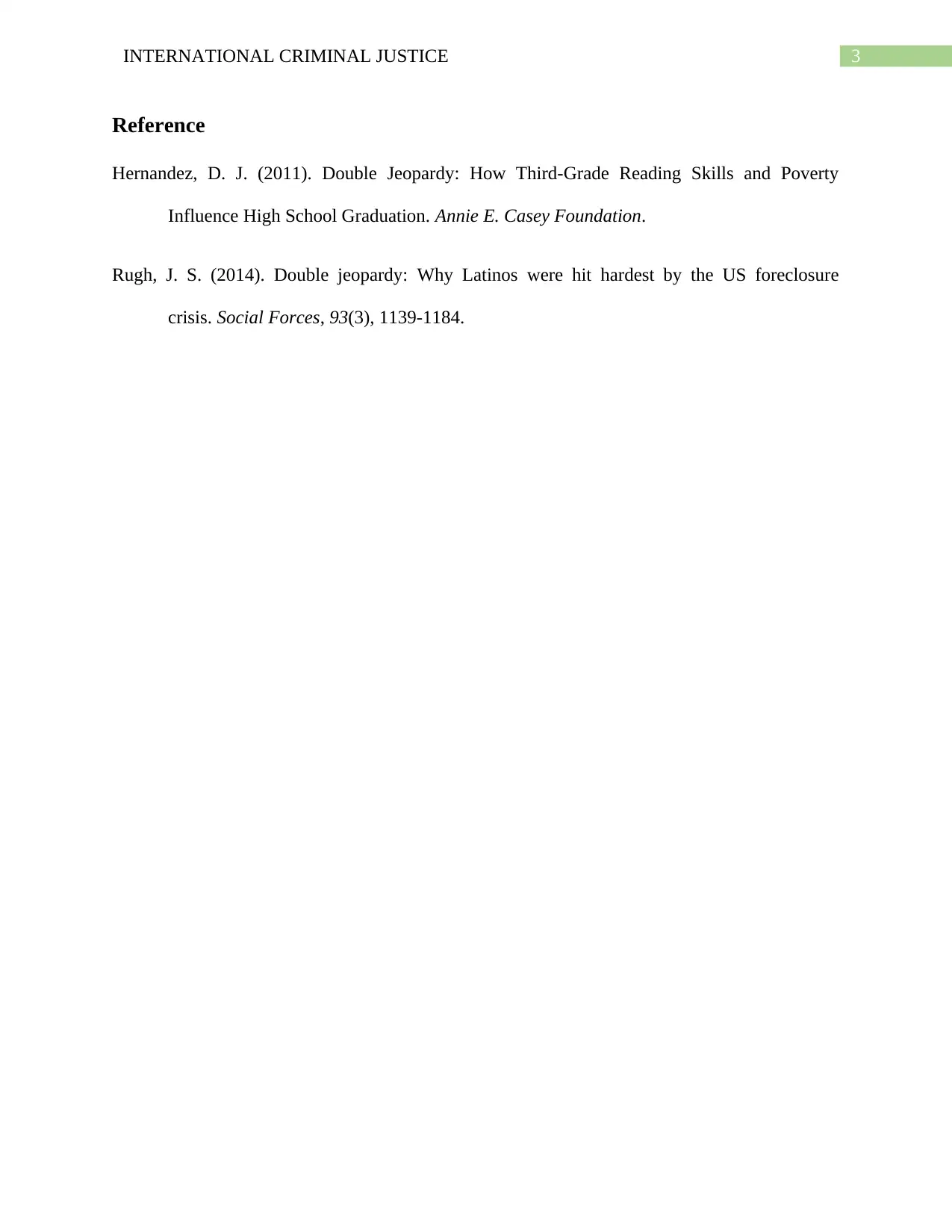International Criminal Justice Review -
VerifiedAdded on 2022/08/24
|3
|443
|18
AI Summary
Contribute Materials
Your contribution can guide someone’s learning journey. Share your
documents today.
1 out of 3
Added on 2022/08/24



Your All-in-One AI-Powered Toolkit for Academic Success.
Available 24*7 on WhatsApp / Email
![[object Object]](/_next/static/media/star-bottom.7253800d.svg)
© 2024 | Zucol Services PVT LTD | All rights reserved.